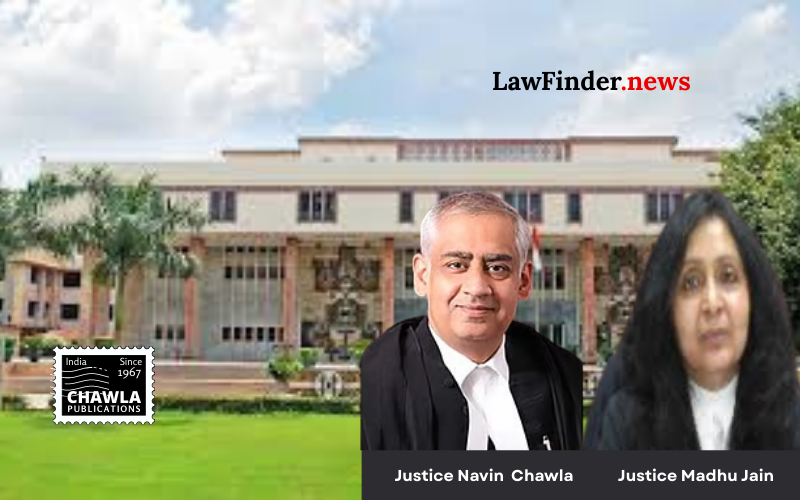Delhi High Court Court rules that recovery of alleged pecuniary losses from retirement benefits without substantial evidence is impermissible.
News Report: The Delhi High Court, comprising Justices Navin Chawla and Madhu Jain, upheld the decision of the Central Administrative Tribunal, Principal Bench, New Delhi, quashing the recovery order of Rs. 14,71,995 from the retiral dues of Brijesh Singh, a retired railway employee. The court emphasized the necessity of substantive evidence and due process before effecting recovery from retirement benefits, especially when the alleged pecuniary loss is not substantiated through adequate inquiry.
The case stemmed from a recovery notice issued by the petitioners, Union of India and others, just days before Singh's retirement in July 2013. The notice sought recovery of the amount due to an alleged shortage of ballast during Singh’s tenure as Senior Section Engineer at Palwal Railway Station. The tribunal had previously quashed the recovery orders from 2013 and 2018, directing a refund with interest at applicable GPF rates.
The High Court noted the tribunal's findings that the recovery notice lacked substantiation regarding the calculation of the loss amount and failed to establish Singh’s culpability. The tribunal had observed the absence of records detailing material issued, consumed, and remaining, rendering the recovery heuristic rather than evidence-based.
Moreover, the court referenced the Supreme Court judgment in State of Punjab v. Rafiq Masih, underscoring that recovery from retired employees for losses alleged years prior is impermissible without substantive evidence. The alleged shortage occurred in 2007, with the recovery notice surfacing more than six years later, post the conclusion of disciplinary proceedings.
The petitioners contended that the tribunal disregarded departmental rules mandating recovery irrespective of employee status and failed to appreciate the recovery's alignment with public accountability principles. However, the High Court upheld the tribunal's decision, noting the absence of supporting evidence and inquiry into Singh's responsibility for the loss.
The judgment reinforces the legal principle that recoveries from retirement benefits must be grounded in evidence and lawful inquiry, ensuring retired employees are not arbitrarily penalized for unsubstantiated claims.
Bottom Line:
Recovery of alleged pecuniary loss from retiral dues of an employee must be backed by substantive evidence and due process of law. Recovery after retirement, particularly when the alleged loss is not substantiated through inquiry, is impermissible.
Statutory provision(s): None explicitly cited in the judgment.




